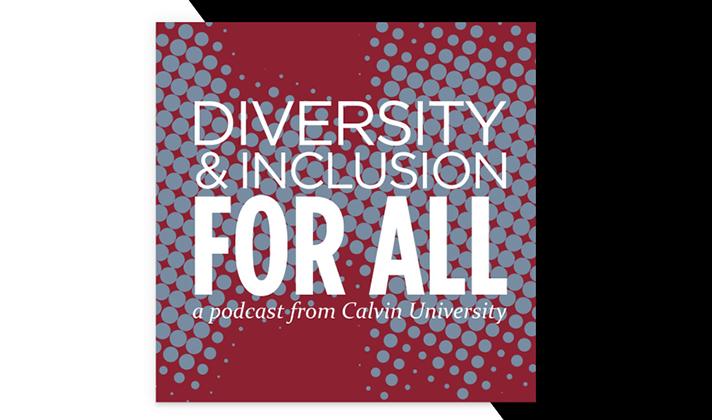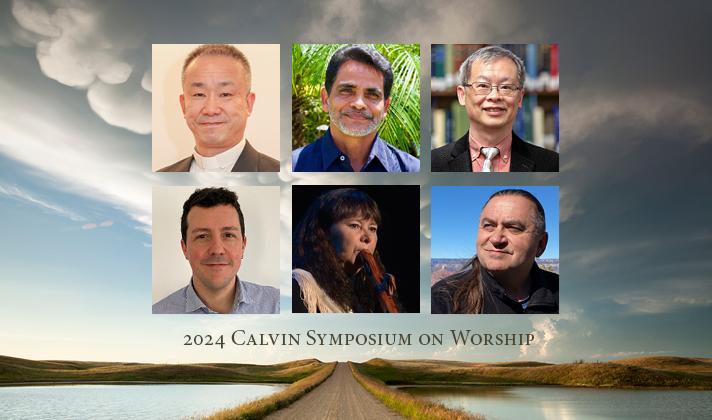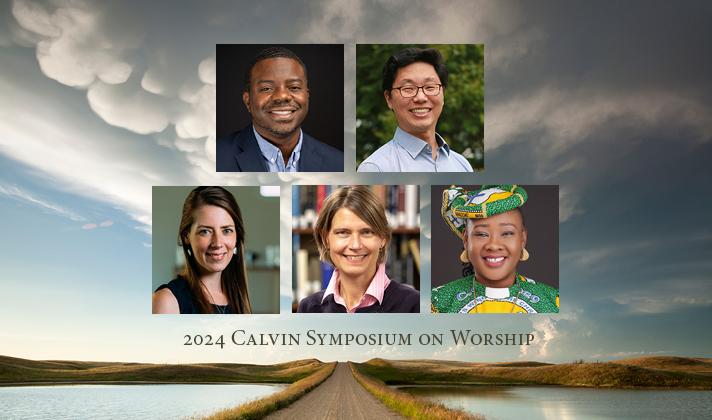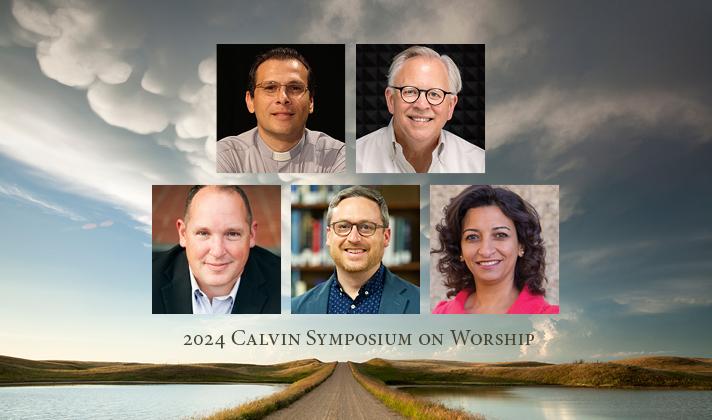How does this psalm piece interpret the psalm?
The English trumpet tunes of the 17th century composed by Jeremiah Clarke and Henry Purcell were played for nobility, kings, and queens, and are still to this day often heard at wedding ceremonies. This neo-baroque trumpet tune based on Psalm 146 evokes the majesty and royalty not of an earthly king, but of the sovereign King of glory, the Lord of all. While the psalm is framed with words of praise, the interior verses are a call not to place our trust in human power, position, or status, but rather in the Lord, the One who created heaven and earth, cares for the oppressed and hungry, sets prisoners free, gives sight to the blind, lifts the humble, watches over the foreigner, sustains the fatherless and the widow. In a time of political divisiveness, international conflict, racial injustice, famine, sickness, and death, this psalm brings hope for those whose help is in the Lord, the God of Jacob. The music is based on the hymn tune RIPLEY (Lift Up Your Hearts #518), composed by the famous American Lowell Mason who promoted and published music for schools, choirs, and congregations.
This organ setting is most useful as a prelude, postlude, or hymn introduction in any praise-themed worship service, at a service that focuses on God’s grace, or even as a wedding recessional.
Music: Larry Visser © Larry VisserUsed by permission.
Contact: Larry Visser, www.lagrave.org/leadership






